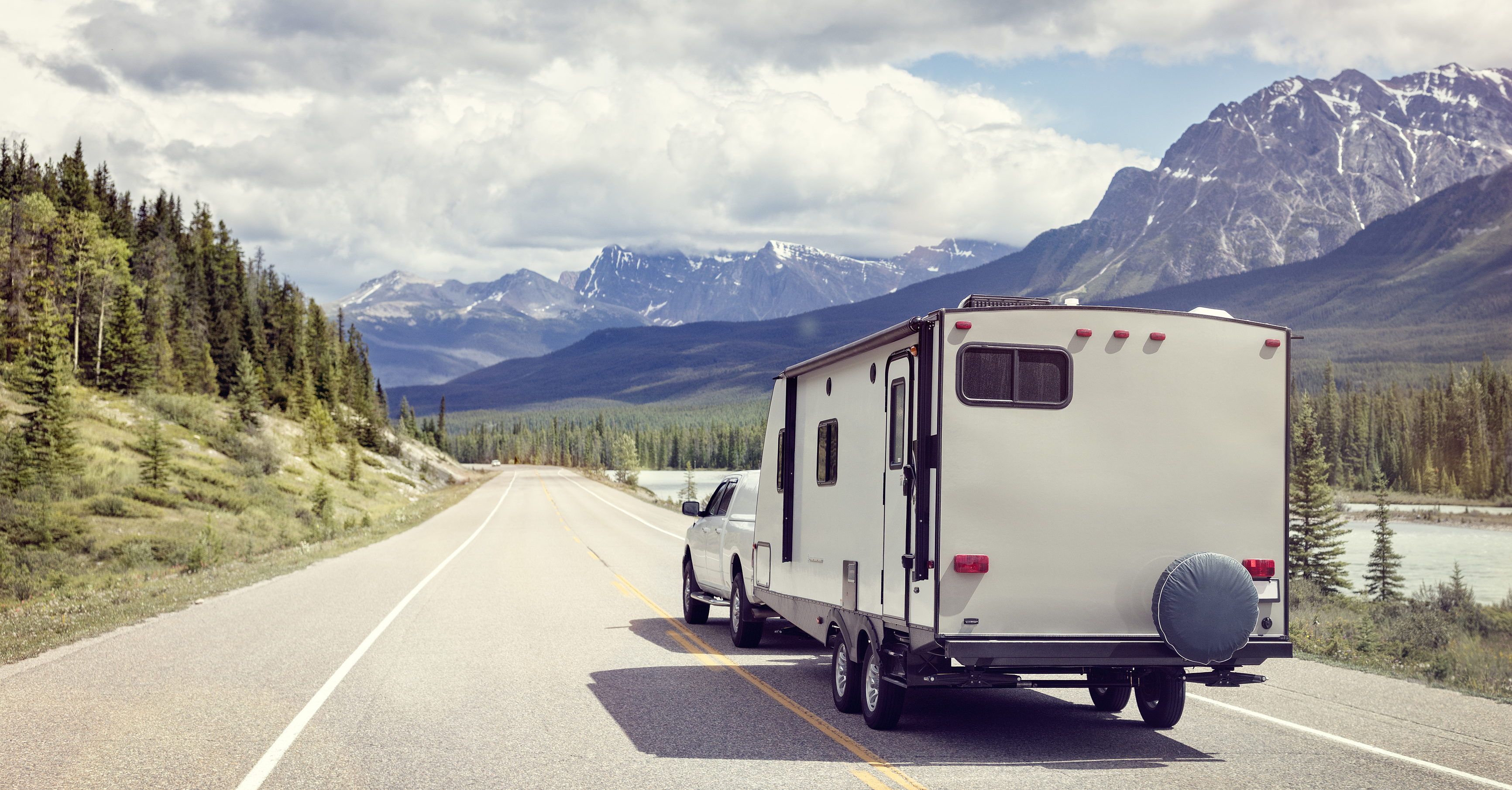Maintenance tips make your tow vehicle ready to roll

If the vehicle that gets you to work each day suddenly transforms into a “super hauler” when summer vacation rolls around, you’d be wise to give it some extra maintenance.
No matter how eager we are to hit the highway, we cannot escape this fact: hauling a trailer puts more stress on the family car or truck than, say, hauling kids to soccer practice.
That’s why it’s important to check—and fortify, if necessary—all of the vehicle’s systems before asking it to perform tow duty, says Bob Dolan, Vice President of Supply and Innovation for U-Haul International, Inc.
“Start by checking your oil levels,” Dolan says. “If you’re just about due for an oil change, it’s a good idea to go ahead and get one before towing something.”
When was the last time you checked your vehicle’s brakes? You’ll need reliable braking power, so make sure your brake pad linings have not worn down excessively. And if your trailer is heavy enough to require brakes of its own, be sure the trailer brakes are functioning properly.
Keeping your vehicle’s engine cool is critical when hauling a trailer, Dolan says. “You are putting an extra strain on your power train. Your engine could overheat if your coolant is low, so be sure to top off your radiator with the proper ratio of antifreeze to water.”
If your tow vehicle has an automatic transmission, Dolan says it may be helpful to purchase a transmission cooler. This auxiliary cooler, once installed, can lower the operating temperature of your transmission fluid by up to 60 degrees—which could help you avoid damaging your transmission.
Tire maintenance is important, too, on both your tow vehicle and your trailer. Do a visual inspection and look for excessive or uneven wear. Tires should have plenty of tread and be properly inflated.
“If your boat has been sitting on its trailer in your yard all winter, the trailer’s tires have probably deflated and may be weathered,” Dolan says. “When tires are under-inflated, they run hotter, and the last thing you want to experience on vacation is a blow-out.”
Finally, check your vehicle’s electrical connections with the trailer to ensure that tail lights, turn signals, and brake lights all work. Replace burned-out bulbs or worn-out wiring in order to avoid a roadway accident or ticket.
Dolan offers the following guidelines for tow-vehicle seasonal maintenance:
- Make sure the vehicle’s fluid levels are topped off appropriately. Check the oil, radiator coolant, transmission fluid, and brake fluid. Change the oil if it’s almost time to do so.
- No special coolants or additives are needed for a tow vehicle. Just be sure to follow the antifreeze manufacturer’s instructions on the proper ratio of coolant to water.
- If your tow vehicle’s brakes need servicing, don’t wait. If using a braked trailer, check those brakes, too.
- Check the tire pressure and tread wear on all tires—tow vehicle and trailer. Replace excessively worn tires. Inflate to the recommended pressure for optimal tire performance.
- In general, a car or truck that occasionally tows a trailer doesn’t need much special attention beyond routine maintenance.
- U-Haul offers a comprehensive Towing Glossary on its website (www.uhaul.com), and sells a variety of tow accessories if you need them—hitches, drawbars, tow mirrors, and much more.